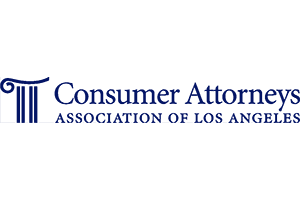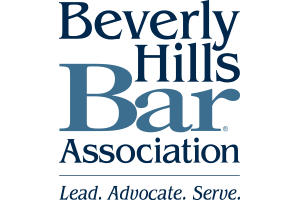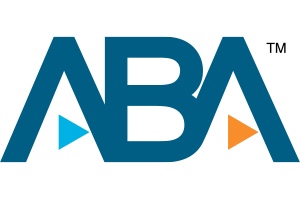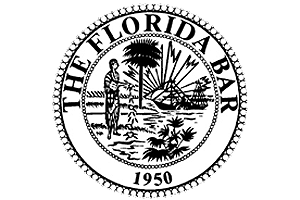In Southern and Northern California
Settlement Negotiations in Car Accident Cases
Motor Vehicle Crash Lawyers Helping Residents of Los Angeles
Many people assume that they will obtain compensation from an insurer fairly soon after a car accident. However, it may take one to two years for personal injury cases to go to trial, and before that there may be many settlement discussions. Only about 4-5% of all personal injury cases around the country go to trial. After a motor vehicle accident, however, you may suffer serious injuries, and it is important to consult a Los Angeles car accident lawyer who can aggressively protect your rights in the pre-trial phases of the case. The outcome of settlement negotiations in a car accident case may have a huge impact on your ability to recover from your injuries.
The Role of Settlement Negotiations in a Car Accident Case
Most insurers have seen many different types of injuries and understand the value of a case based on the types of injuries that were suffered. However, it is not always clear immediately after an accident what the consequences of the injuries sustained will be. For example, what seems like an issue that will resolve in a few weeks or with some physical therapy may turn out to be a back problem that eventually necessitates surgery. It may take a full year to figure out the extent of your injuries and the scope of the damages. Nonetheless, it is important to retain an attorney immediately after an accident so that evidence can be immediately collected in order to determine liability.
The first thing to do is to figure out who is responsible for the car accident and develop a sense of what likely happened to cause the accident. In many cases, we may send an insurer demand letter after gathering the facts from you. The initial demand will relate to the value of your injuries, as determined by looking at jury verdicts and settlements for similar cases. For example, if you sustained broken bones and soft tissue injuries that also affected your enjoyment of life for several months, we can look at cases in which there were comparable injuries to determine an economic and noneconomic value that would be appropriate to attach to these injuries.
Economic damages are objective items of loss, such as medical bills, lost wages, household services, and other tangible, easily calculated losses. Noneconomic damages are harder to quantify and include items of loss such as lost enjoyment of life, pain and suffering, and mental anguish. This category of damages may vary dramatically based on various factors, such as your credibility while giving testimony, who you are as a person, what a jury would expect to be the natural intangible losses that flow from particular injuries, and the persuasiveness of the attorney whom you select.
A jury would likely expect that broken bones, for example, will cause less loss of enjoyment of life overall than a traumatic brain injury. Catastrophic injuries—those that alter your life permanently—are worth more than transient injuries.
There are cases in which the defendant cannot in good conscience argue that it was not at fault. Even if fault is clear, however, there may still be some back and forth between an adjuster and the plaintiff’s attorney about how much the case is worth. The adjuster will be looking for any way in which you were at fault for the accident so that it can apply the comparative negligence doctrine. For example, if it comes out at deposition that you were texting while driving, the adjuster will value your case less because you were comparatively negligent.
During depositions, the defense attorney will look at the negligence of both the defendant and the plaintiff and make recommendations about the value of the case to the adjuster about how much negligence each party had and the risk of exposure should the case go to trial.
The adjuster may make a settlement offer, which will typically be lower than what the victim would want to get. The victim’s lawyer would counter with a figure that is higher than the adjuster’s offer, based on the strength of the testimony and discovery to date. Sometimes the case is settled at that point.
When there are very serious injuries, and the demand is close to the policy limits because the harm has been great, such as in the case of paralysis or a traumatic brain injury, it is a little less likely that a case will settle prior to trial. An exception is when liability is clear. For example, an adjuster may offer the policy limits in drunk driving cases just before trial, since there is a risk that punitive damages may be awarded.
If the settlement negotiations are successful, the agreement will need to be memorialized in writing. A settlement agreement must then be drafted and signed by the parties to indicate their agreement to it before a check will be cut.
Seek Guidance from a Skilled Car Crash Attorney in Los Angeles
Settlement negotiations in car accident cases may be challenging. At Sharifi Firm, APC, our experienced Los Angeles attorneys may be able to help you recover compensation from a negligent driver. We can determine a productive strategy to pursue your damages and take an aggressive approach to asserting your rights. Contact us online or call us at (866) 422-7222 for a free appointment with a motor vehicle collision lawyer. We also represent victims in Temecula, Rancho Cucamonga, San Bernardino, Glendale, Covina, and Riverside, among other cities.







